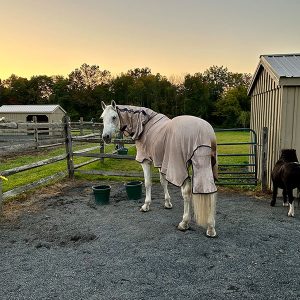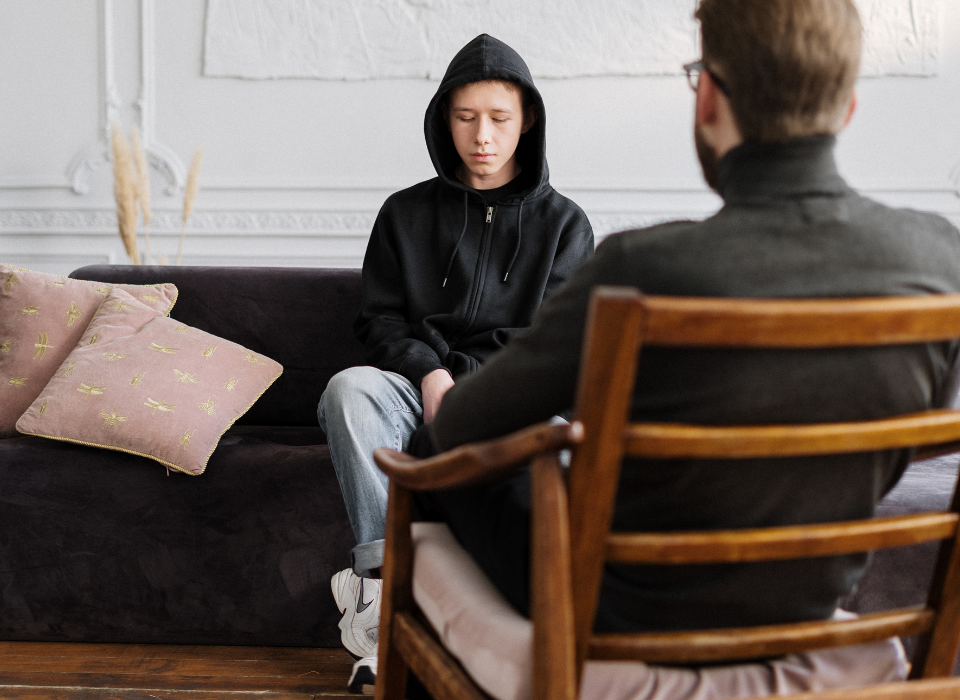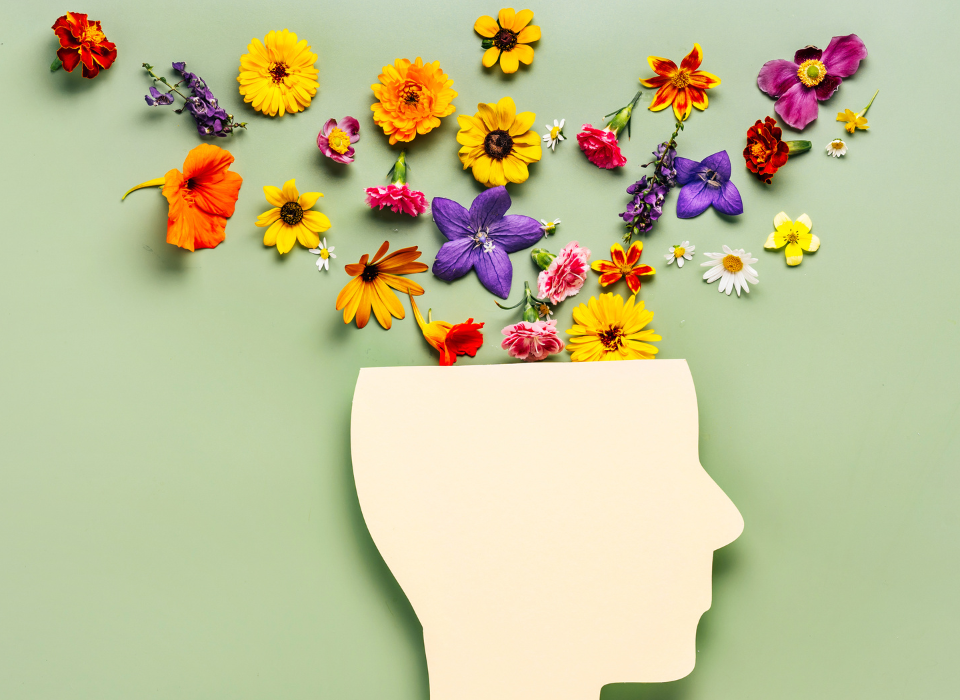
The Power of Emotional Awareness in Children: Nurturing Well-being
October 13, 2023
Nourishing Creativity: Using Art Therapy to Help Treat Eating Disorders
November 16, 2023By Keeley Seymour, LCSW
3 min read

“There’s something about the outside of a horse that is good for the inside of a man.”
-Winston Churchill
Throughout my professional career, I often heard about equine-assisted therapy, particularly as an intervention offered at eating disorder residential treatment facilities. I knew it supported those with a history of trauma to unlock the mind/body connection, but I had otherwise limited information on its process and benefits.
I have conducted weekly sessions with a client at Kindle Hill Foundation in Blue Bell with one of the equine specialists. The sessions at Kindle Hill have opened my eyes to how using such a large (and intimidating!) animal can activate self-reflection, grounding, and self-confidence.
What is Equine-Assisted Therapy?
Equine-assisted therapy is a therapeutic approach that involves interacting with horses to address various emotional, mental, and physical challenges. Horses’ serene presence and gentle nature make them ideal partners in the journey toward healing. Horses are the only domesticated prey animals. They live in the present moment and are constantly in hypervigilance, which provides a natural mirror reflection of the individual’s emotional state.
One of the central principles of equine-assisted therapy is grounding. Some techniques commonly used in equine-assisted treatment include:
Mindfulness: Interacting with a horse requires individuals to be fully present, focusing on the horse’s body language and their sensations. This heightened mindfulness helps participants detach from past traumas or future anxieties, fostering a sense of inner peace.
Breathwork: Horses are incredibly attuned to changes in human physiology. Practicing deep, intentional breathwork while interacting with a horse can help individuals regulate their emotions and reduce anxiety. The rhythmic exchange of breath between humans and horses creates a calming synergy.
Non-Verbal Communication: Horses are masters of non-verbal communication. In equine-assisted therapy, individuals learn to communicate with horses through body language, eye contact, and energy. This skill can be transferred to human relationships, improving emotional intelligence and interpersonal connections.
Grounding Exercises: Activities such as grooming, leading, or simply standing beside a horse encourage individuals to focus on the horse’s tactile sensations and physical presence. This grounding technique helps people reconnect with their bodies and establish a sense of safety and stability.
What Feelings Can Equine-Assisted Therapy Bring About?
Engaging in equine-assisted therapy often leads to a variety of emotions, each contributing to the therapeutic process:
- Empowerment: Accomplishing tasks like leading a horse or guiding it through an obstacle course can instill a deep sense of empowerment. This newfound confidence can transfer to other aspects of one’s life.
- Trust: Building trust with a horse mirrors building trust with oneself and others. Horses are highly attuned to authenticity and reward individuals who approach them with honesty and vulnerability.
- Calmness: Horses’ serene and peaceful presence has a natural calming effect. Interacting with these majestic creatures can reduce anxiety, stress, and depression, promoting a sense of inner calm.
- Release of Emotions: Horses uniquely can draw out buried emotions. In the presence of a horse, individuals often feel safe enough to express their feelings, facilitating emotional release and healing.
- Connection: Many participants describe a profound connection with horses, often referring to them as soulful beings. This connection can help individuals feel less isolated and more in tune with the world around them.
When I first started the sessions at Kindle Hill with a client, I was optimistic but uncertain of the impact. I have been able to see a shift in the client and in myself.
As we stand in the gravel paddock with our usual partner, I also participate in the grounding exercises. I notice my breath as I close my eyes and put a spot on the horse that parallels my body’s tension. The profound sense of peace is noticeable, making me wonder who benefits more: me or my client.
_________________________________________________________________________________
Looking for treatment for an eating disorder, anxiety, depression, trauma, or postpartum mood disorder?
Evolve Counseling Services is a specialized team of Licensed Therapists providing treatment in Paoli.



